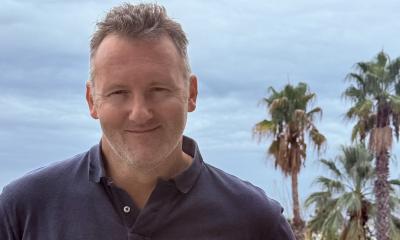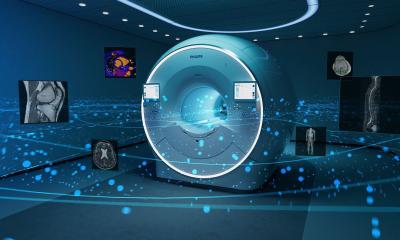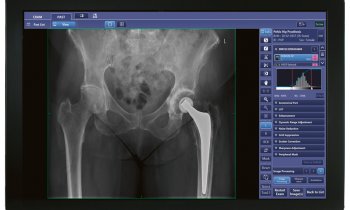Interview • Interview with ESR President Carlo Catalano
ECR 2024: Focus on technologies and research – surprises guaranteed
In the run-up to the European Congress of Radiology 2024, we spoke with ESR President Professor Carlo Catalano from Rome, Italy, about the meeting’s content and its intriguing theme.
Report: Mélisande Rouger
© ECR
HiE: What does ‘Next Generation Radiology: Embracing the future and redefining the field of radiology’ entail?
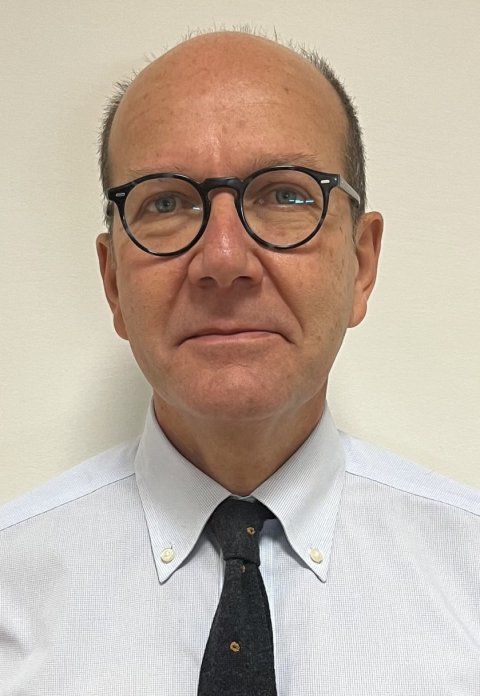
Prof. Catalano: ‘The demand for imaging studies is increasing worldwide. To face this rising demand, we need to use all the technology that is available now. It may come from AI and more widely digital medicine. AI does not just comprise of tools that aid diagnosis, but also to help improve workflow – for example, by expediting time consuming administrative tasks. Improving exam quality may sometimes be impaired because of the number of studies we have to deal with. In many places, it is really challenging to provide quality service.
‘But technology is improving, with very high-quality radiology equipment coming out every day. Soon, we will use technology with a different approach, and just focus on not just anatomical information but also functional information. Radiology will be part of a much wider system, and possibly integrate with other diagnostic tools, for instance laboratory tests, to provide the best possible solutions for the patient. The radiologist’s profession is also changing and becoming increasingly clinical. Radiologists must have a subspecialty to be able to deal with the patient directly and take part in decision making. We also have a leading role in clinical activity, research and education.
‘An increasing number of young physicians now understand what radiology is and means in terms of diagnosis and intervention. The next generation of radiologists will have a different profession, with technology that has improved and a different approach as to how we perform our exams.’
What are the current trends in AI, radiomics and, more generally, technology?
‘Technology has led changes in radiology and needs improvements that are not related to hardware, but to the way we use our tools. Significant improvements are being made in speed and precision with AI, which means also greater comfort for the patient, and a better possibility to analyse imaging and data. Technology can also help reduce dose to the patient. Dose remains a problem, especially when you consider how many exams are performed worldwide. There are staff shortages everywhere. With AI, we can also speed up processes, and better use our staff resources to get closer to patients.’
Recommended article

Article • Technology overview
Artificial intelligence (AI) in healthcare
With the help of artificial intelligence, computers are to simulate human thought processes. Machine learning is intended to support almost all medical specialties. But what is going on inside an AI algorithm, what are its decisions based on? Can you even entrust a medical diagnosis to a machine? Clarifying these questions remains a central aspect of AI research and development.
‘AI can help us make earlier diagnosis and gain confidence when doing so. AI can really become a companion for radiologists, providing real support and helping them increase the quality of their services. We need to use new tools that can help us to continue doing so many exams. At ECR, we can educate radiologists and show them what can be done, and how technology could be used. Technologies such as quantum computing, 3D printing, and molecular imaging are very promising beyond AI.
‘More into the future, we will move forward the Digital Twin concept, i.e. using all the different tools together with AI to get the best data provided by different resources. To guide therapeutic response, the digital twin will be applied the way it has already been applied in the aerospace industry, by learning on a simulator. We hope all the information we have can be used by each of us, to create a twin or avatar, to try and understand exactly diseases in the patient.’
What will be new at ECR this year?
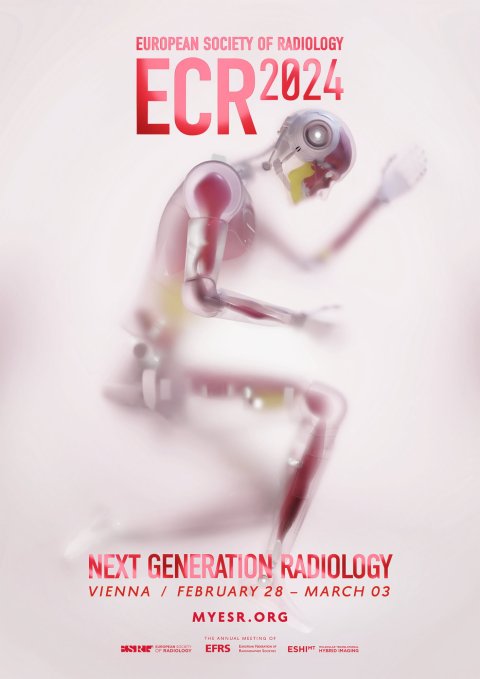
© ECR
‘The Plenary Lectures will be done in a different, more informal format, which will be like Ted Talks. The topics will surprise everyone. For example, the program will explain how AI changes radiology from a clinician and company’s point of view.
‘The focus will be on how research activity is changing medicine and how medicine is now delivered everywhere. I always recommend young radiologists to go to the Cube, the ECR’s popular interventional radiology area. It shows a different part of radiology. We talk a lot about technology and AI, but all these tools can be used for not just diagnostic purposes but also intervention.
‘Minimally invasive therapies have advanced and grown a lot in oncology, in vascular diseases etc. The Cube somehow differentiates ECR from other congresses, generalist congresses where interventional radiology is sometimes left behind. Finally the opening ceremony will be slightly different this year. Talks will be much shorter and we will use new technology to talk about technology. Brace yourselves for surprises!’
Profile:
Prof Carlo Catalano is a full professor of radiology and chairs the Department of Radiological, Oncological and Pathological Sciences at the Sapienza University of Rome, Policlinico Umberto I. He obtained his medical degree at the Sapienza University of Rome in 1990 and completed his training in radiology at the University of L‘Aquila in 1994.
27.02.2024




